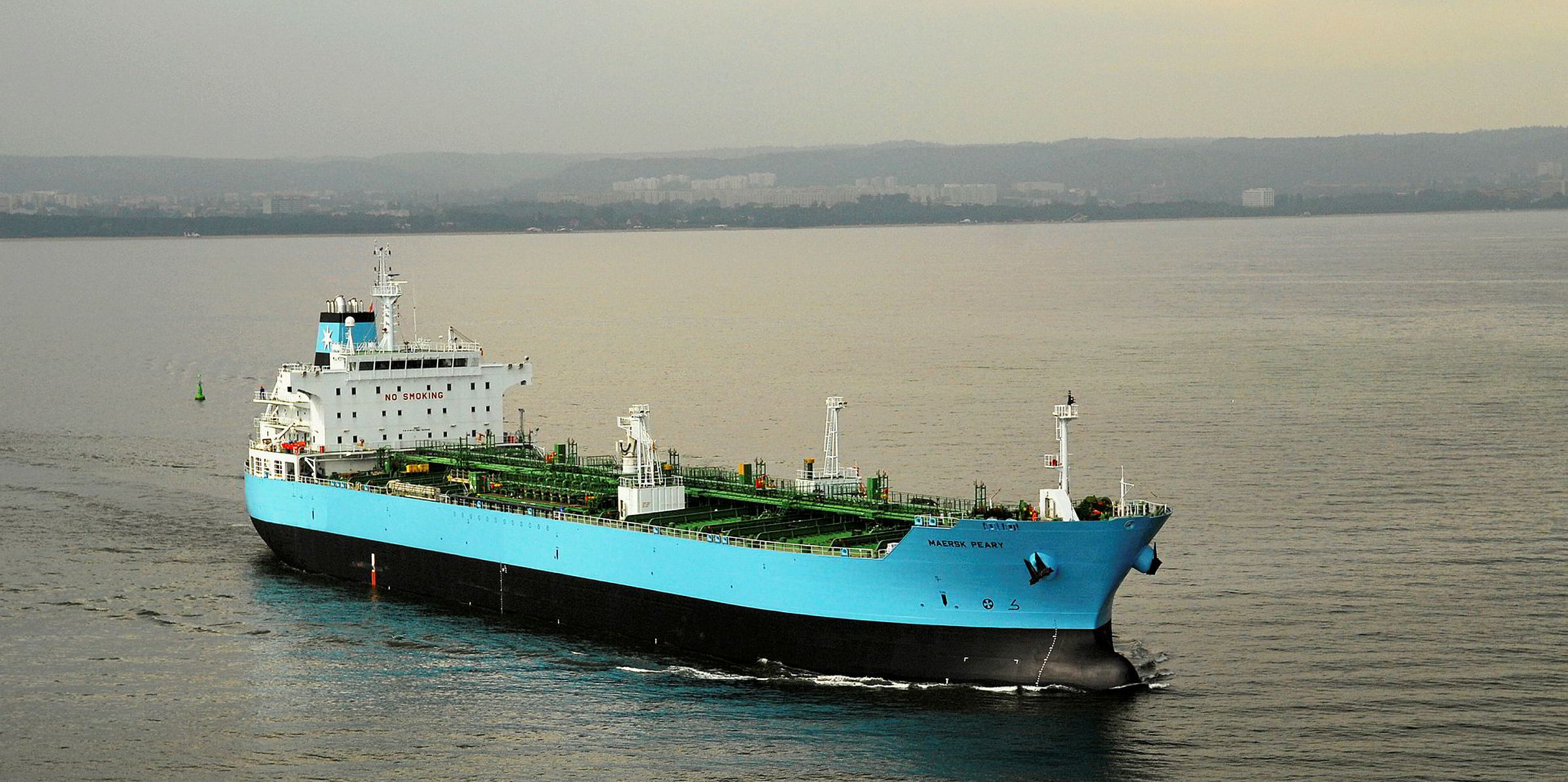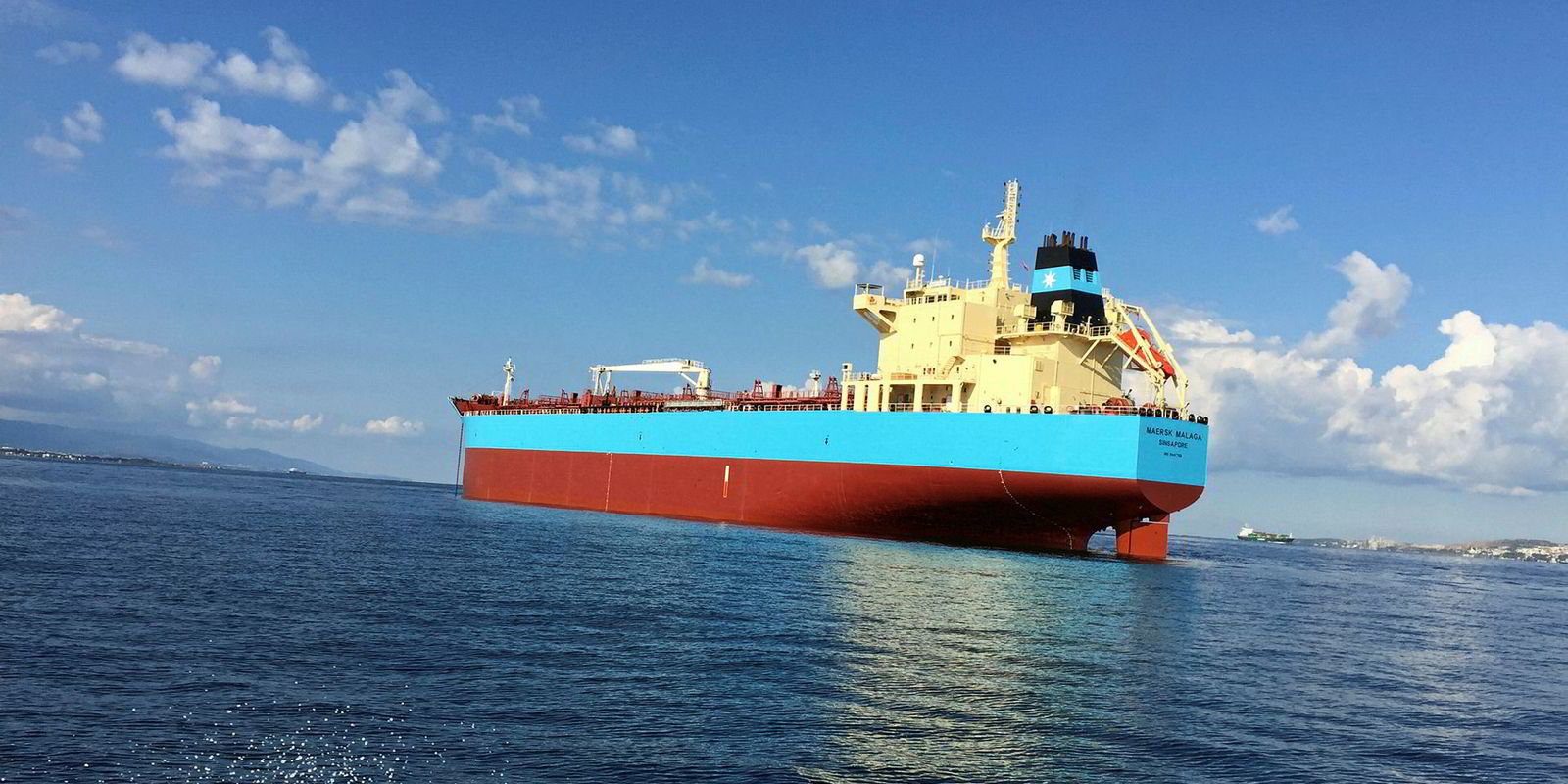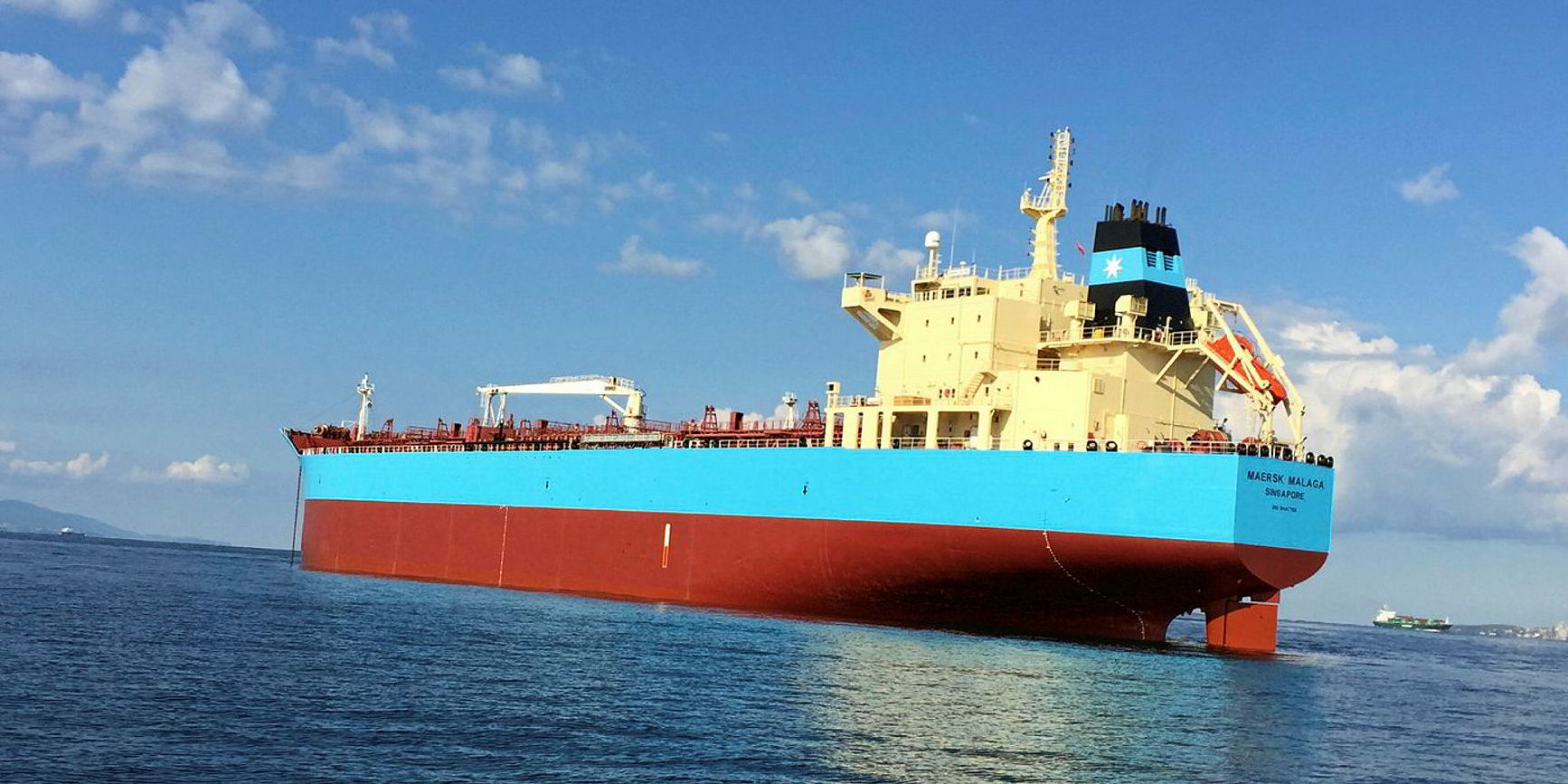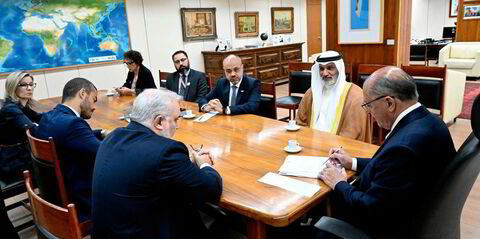Baota Petrochemical Group has failed to bring its 60-tanker charter project to reality, having faced mounting financial woes while its chairman encounters at least one criminal charge.
In July, the Chinese private refiner signed a strategic co-operation agreement with Mare Maritime Singapore over a project to lease 50-60 chemical and oil tankers on bareboat terms for four to 10 years.
According to the Baota website, Mare would be in charge of technical management for the fleet while Maersk Tankers, Scorpio Tankers, Hafnia Tankers, GEM, and Valt could supply the tonnage. McQuilling was named as a potential partner while an Australian pension fund would provide the financing.
However, Mare’s chief executive Rohit Kapur told TradeWinds: “The deal with Baota failed to materialise because of Baota not meeting the credit rating requirement of our company and funds.”
“We are completing the deal of Maersk and Hafnia with funding from pension funds,” said Kapur, without elaborating.
In an email, Maersk said it is in talks with various potential partners concerning a possible sale of some ships, which includes a subsequent commercial management agreement with Maersk.
“As no final agreement is in place we are unable to comment further at this point in time,” the Danish tanker operator said.
TradeWinds has sought comments from Hafnia and Baota.
Baota, one of the few Chinese private firms allowed to import crude, was launching the project as it eyed expansion in petroleum and petrochemical production capacity.
In addition to its oil refineries with a total crude-processing capacity of 12.5 million tonnes per annum in inland China, Baota operates a refinery in Zhuhai that can process up to 2.5 million tonnes of fuel oil into petroleum and olefin products every year.
The company has planned to enlarge the Zhuhai refinery’s annual processing capacity by another five million tonnes.
“Working together with the leading international tanker and shipmanagement firms…we would be able to improve our competitiveness across the supply chain, including crude imports,” Baota said in July.
However, Baota has encountered piling debts while failing to repay in numerous occasions.
“Due to our operational failures, we have not been rigorous in terms of risk control and making payments since May,” Baota Petrochemical Group Finance, the financing arm of Baota, said on its website.
According to the Supreme People's Court of China, the Baota group of firms have failed to follow court orders to make debt repayments in 19 cases since 2016.
Recent defaults include a missed payment of CNY 45.2m ($6.52m) plus interests in July and another of CNY 20m in August.
A financial report filed to the Shanghai Clearing House showed total debts of Baota amounted to CNY 34.1bn as of 30 September, including short-term loans totalling CNY 4.38bn and notes payable totalling CNY 16.4bn. Total debts were at CNY 31.4bn as of 1 July.
Baota held cash of CNY 489.7m as of 30 September.
The financial woes came as a result of heavy cash outflows in investment and financing activities. Baota remained profitable, with a net profit of CNY 483.9m during July-September.
Moreover, filings from Baota subsidiaries suggested the Chinese public security department took an unspecified coercive measure against chairman Sun Hengchao for at least one alleged criminal offence last week, but didn’t provide further details.
“The Baota Group’s board and management team will carry out their duties according to the laws. For now the operation continues as normal,” one filing dated 17 November said.
Sun, who founded Baota in the landlocked Ningxia Hui Autonomous Region in 1997, has been the group chairman since 2006.
Born in March 1960, Sun also founded Yinchuan University in 1999 and has been serving as its president since. He graduated from the law department of China’s Northwest University of Political Science and Law and is “the professor who was honoured to enjoy the special allowances from the State Council,” according to the Baota website.





